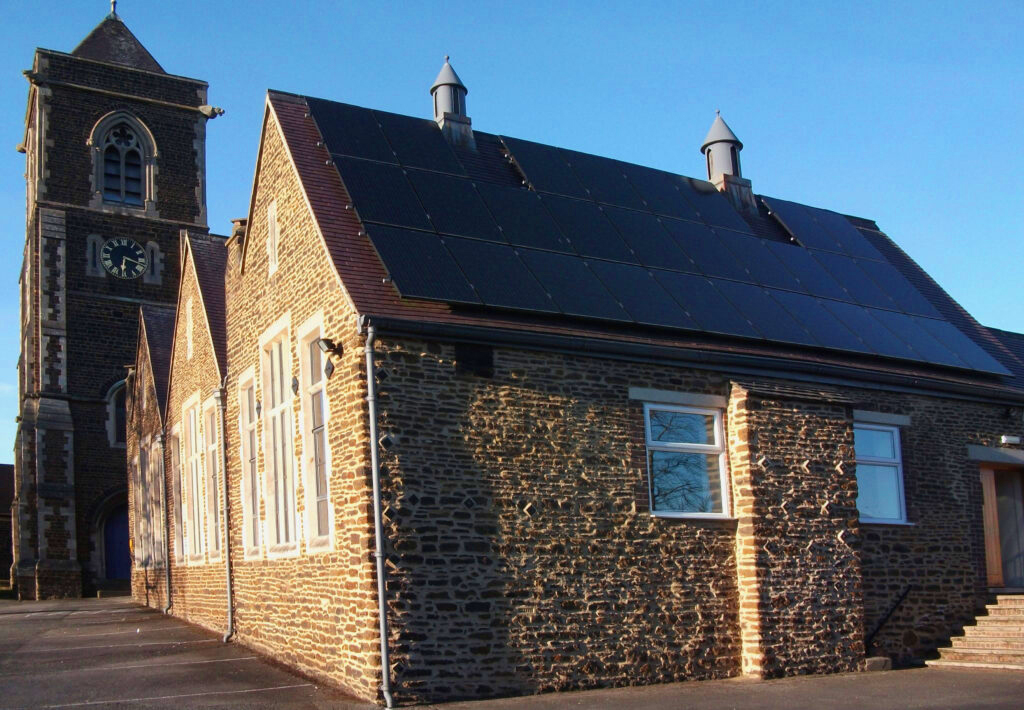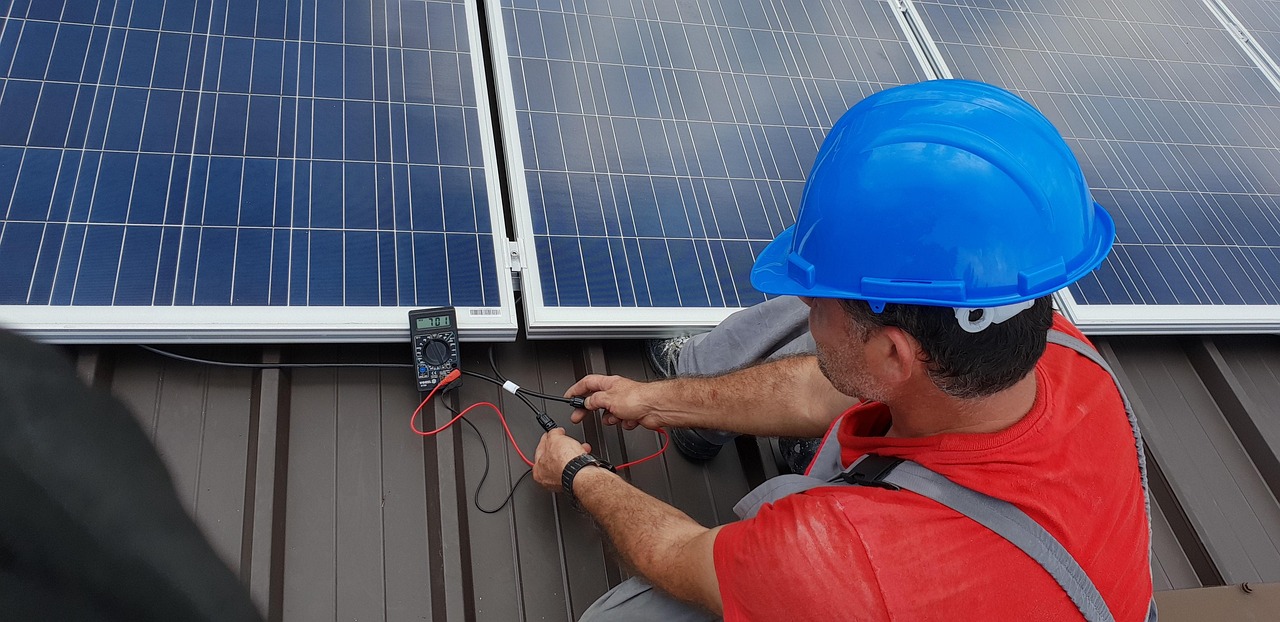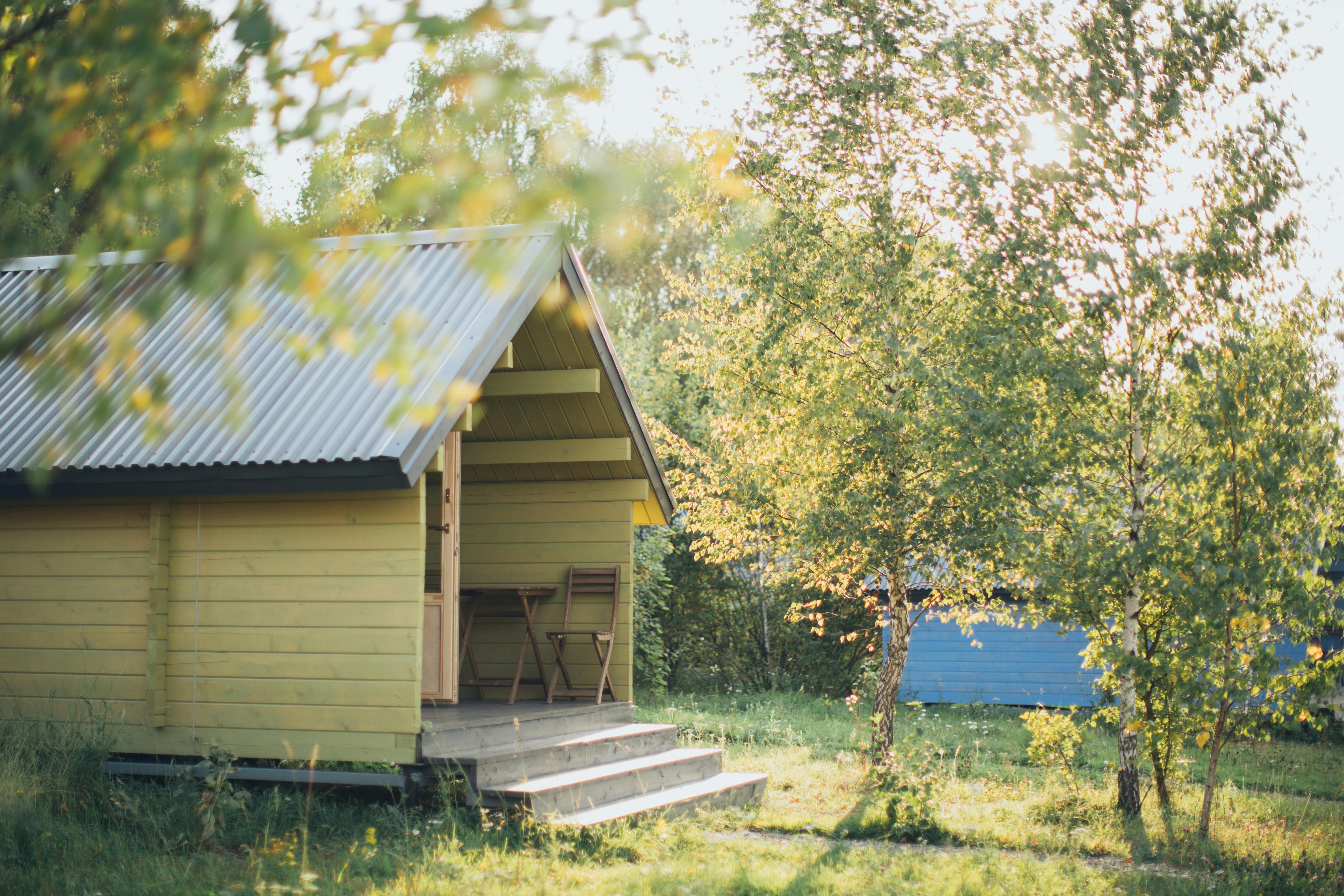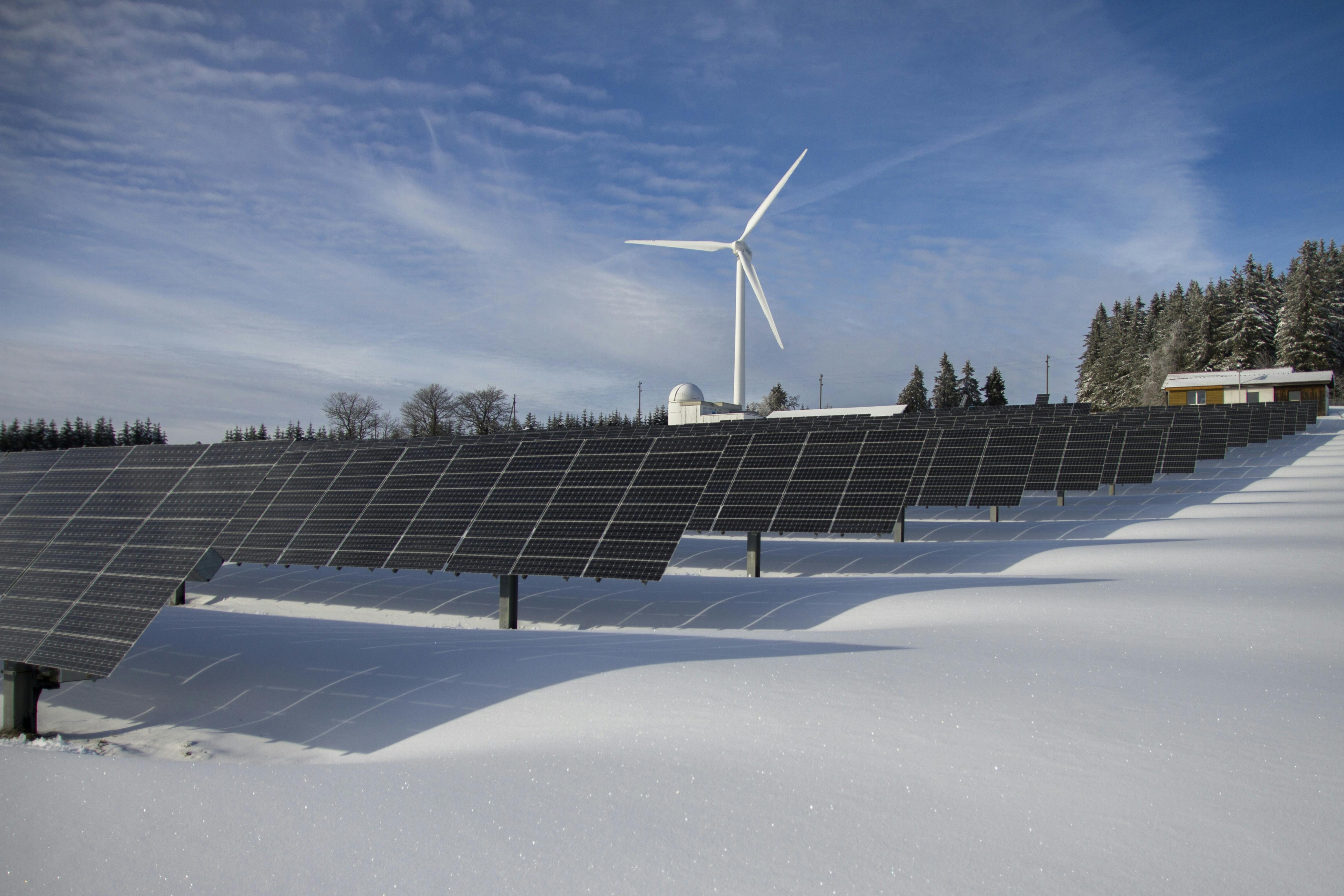How Many Solar Panels Do I Need to Be Self-Sufficient?
Find out how many solar panels your home needs to be self-sufficient with our guide. Use our solar panel calculator today.

Many homeowners aspire to achieve self-sufficiency with solar panels as a way to reduce their dependence on the grid, cut down on energy costs, and support a more sustainable environment. But how many solar panels do you need to truly achieve self-sufficiency?
This guide is designed to help you understand the key factors that influence the number of solar panels needed to power your home fully. You can also try out our solar panel calculator for more detailed insights including how many solar panels we’d recommend to meet your energy needs, as well as detailed insights into costs and savings.
Key Takeaways:
Understanding Your Energy Consumption
The initial and most important step in figuring out how many solar panels you'll require for self-sufficiency is to assess your household's energy consumption. This usage is usually measured in kilowatt-hours (kWh). By examining your electricity bills, you can gain a clear understanding of your average energy consumption on both a monthly and yearly basis.
Calculating Your Energy Needs
- Review Your Bills: Look at your electricity bills for the past year. Most bills will list your monthly usage in kWh.
- Determine Your Annual Usage: Add up your monthly usage to find your total annual consumption. For example, if you use 500 kWh per month, your annual usage would be 500 kWh x 12 = 6,000 kWh.
- Consider Peak Usage: Account for any peak usage periods, such as during winter when heating systems may consume more energy.
At MakeMyHouseGreen, we can help you analyse your energy consumption and determine your specific needs.
Types of Solar Panels
Solar panels come in various types, each with different efficiencies and costs. The type of solar panel you choose will impact how many panels you need and their overall performance.
Common Types of Solar Panels
- Monocrystalline: These panels are made from a single crystal structure, making them the most efficient and longest-lasting option. They typically have an efficiency rate of around 20-23%.
- Polycrystalline: Made from multiple crystal structures, these panels are slightly less efficient (15-20%) but more affordable than monocrystalline panels.
- Amorphous (Thin-Film): These panels are less efficient (10-12%) but are flexible and can be used in various applications.
Panel Efficiency and Size
The efficiency of your solar panels, which is how well they convert sunlight into usable electricity, is a significant factor in determining the number of panels you need. Modern solar panels have an efficiency rate of about 20%, with high-efficiency models reaching up to 23%.
- Efficiency Rating: Higher efficiency panels generate more electricity in less space.
- Panel Size: Standard solar panels are about 1.6 square meters. The physical size and efficiency will determine how many panels you can fit on your roof.
Our experts can recommend the best panel type and size for your specific needs, ensuring you get the most out of your solar installation.
Roof Space and Orientation
The amount of available roof space, its orientation (the direction it faces), and its pitch (angle) are crucial factors in solar panel installation. Solar panels perform best on south-facing roofs with an optimal pitch of 30-40 degrees. However, they can still function efficiently at other angles and orientations.
Measure your roof space to determine how many panels can be installed. Ensure there are no significant shading issues from trees, chimneys, or other obstructions.
Additional Energy Needs
Consider any additional energy requirements, such as charging an electric vehicle or using a home battery storage system. These factors will increase your overall energy consumption and may necessitate a larger solar panel system.
- Electric Vehicles: If you have or plan to get an electric car, your energy needs will increase.
- Battery Storage: Installing a battery storage system allows you to store excess energy generated during the day for use at night or during power cuts, reducing reliance on the grid.
MakeMyHouseGreen offers integrated solutions that include battery storage to maximise your energy independence and efficiency.
How Many Solar Panels Will My Home Need?
To estimate the number of solar panels you need, you’ll need to consider your energy consumption, the efficiency of the panels, and the available roof space.
A professional solar panel installer from MakeMyHouseGreen can assess all relevant factors, such as your roof size, shade patterns, roof pitch, and local weather conditions, to determine exactly how many panels you need to power your home efficiently.
What Kind of Condition Does My Roof Need to Be In?
For the UK market, as we’ve mentioned, it is generally recommended to install solar panels on a roof with a pitch between 30-40°, as this angle provides optimal performance. However, solar panels can still generate electricity effectively even if the angle of the roof falls outside of this range.
- Structural Integrity: Ensure your roof is in good condition and can support the weight of the solar panels. Standard panels weigh around 23kg each.
- Pitch and Angle: Roofs with a pitch of 30-40 degrees are ideal, but panels can still function on flat roofs with reduced efficiency (more about solar panels on flat roofs here)
- Self-Cleaning: Solar panels positioned at an angle less than 12º may face challenges with self-cleaning. Accumulated dirt can decrease their effectiveness over time.
Our team at MakeMyHouseGreen will assess your roof's condition and make any necessary recommendations to ensure it’s suitable for solar panel installation.
What Are the Risks and Disturbances?
Fortunately, installing solar panels is a relatively painless process. However, it is essential to get quotes from three MCS-registered installers to ensure the advice and installation meet government recommendations. Solar panel warranties are generally robust, and manufacturers typically cover all components.
Get in Touch for More Advice
To accurately determine the number of solar panels needed for self-sufficiency, you must thoroughly understand several key factors: your energy consumption, the type and efficiency of the solar panels, the available roof space and its orientation, your geographical location, and any additional energy requirements.
By carefully considering these aspects and working with the expert green gurus at MakeMyHouseGreen, you can make a well-informed estimate of how many panels will be necessary to be self-sufficient, allowing you to fully enjoy the advantages of renewable energy.
If you’re ready to explore solar options for your home, you can use our solar panel calculator or reach out to our team for personalised advice and a comprehensive assessment.
Ready to see what you can save?
Our solar calculator is 100% free to use. Enter your postcode below to get started.

Based on 400+ Trustpilot reviews






